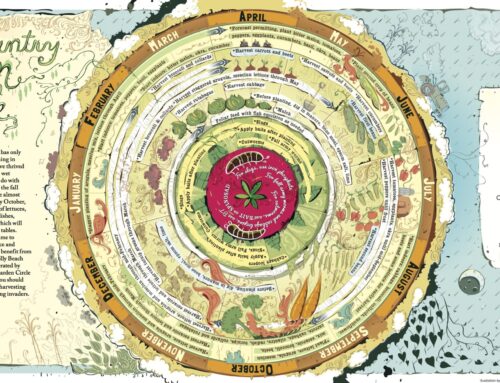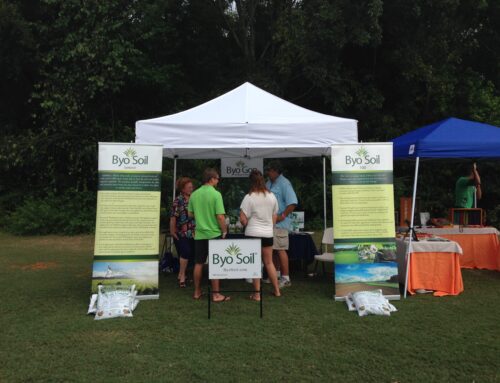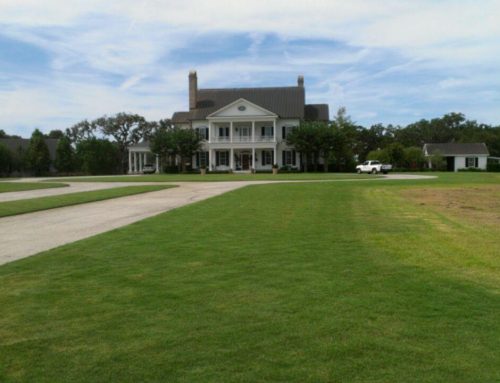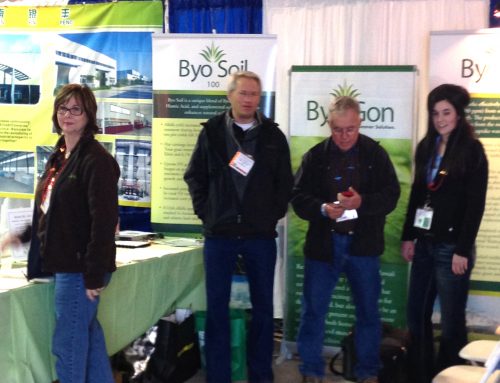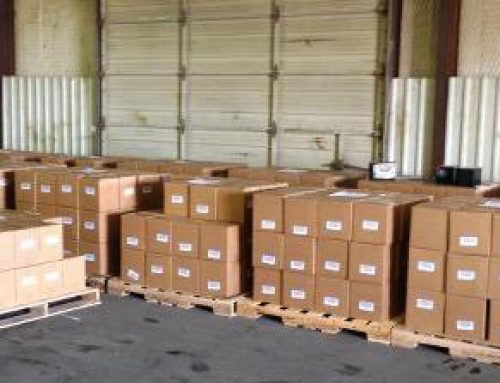After visiting a client at a local golf course in South Carolina yesterday we witnessed first hand the devastating damage that can be done on golf courses due to plant-parasitic nematodes. The problems presented by these roundworms are very severe and are having an increasing impact on the quality of courses across the country, especially in the southern regions where hot climate and sandy soil provide ideal environments for nematode activity.
“Plant-parasitic nematodes affect turf by reducing the efficiency of the root system.” (Crow, 2005) They impair the roots’ ability to take up water and nutrients in soil.
There are many negative consequences of this including more frequent irrigation, more fertilizer applications, the creation of conditions ideal to the outbreak of fungal diseases, and even the risk of ground water contamination.
Soil texture and air temperature are the two most important factors in nematode activity. Warmer temperatures are more favorable and nematodes tend to thrive in sandy soil due to its low water holding capacity and high rate of nutrient leaching. This explains why most nematode problems are found near the putting greens, the more sandy areas of the golf course.
While many solutions or remedies for nematodes have been explored none have been found to be 100% effective. While chemical processes, such as Curfew, are very effective, they kill nematodes by blocking respiration. While blocking respiration in the nematodes, it is logical to conclude that respiration would also be blocked in the grass and other living things in the soil. These chemical processes are effective but can highly damage the turf on a golf course and lead to downtime in play as the course must be closed while treatment is applied. In addition, the nematodes will return the following year and likely have an increased tolerance to the chemicals that killed them off the season before.
In addition, there are positive, non-plant-parasitic nematodes that benefit soil and turf health. These are also eliminated, along with the plant-parasitic nematodes, in chemical treating.
Though these chemical processes, despite their immediate damage, are effective in the short-term there are other measures that can be taken to increase the tolerance of roots to the nematode damage.
Anything that enhances root strength can enhance tolerance to nematode damage. An increased root health leads to an increase in water absorption. In addition, all-natural products, such as ByoSoil, that add healthy microbes and nutrients to the soil naturally restructure the biological components of the soil leading to an increase in cation exchange capacity and naturally decrease the activity of the negative nematodes while providing an environment that encourages the activity of the positive nematodes.
REFERENCES:
“Nematode Management for Golf Courses in Florida”, William T. Crow, University of Florida IFAS Extension, http://edis.ifas.ufl.edu/in124
“Nematode Pests of Turf: Their Identification and Control”, Austin Hagan, Auburn University, http://www.aces.edu/pubs/docs/A/ANR-0523/ANR-0523.pdf


